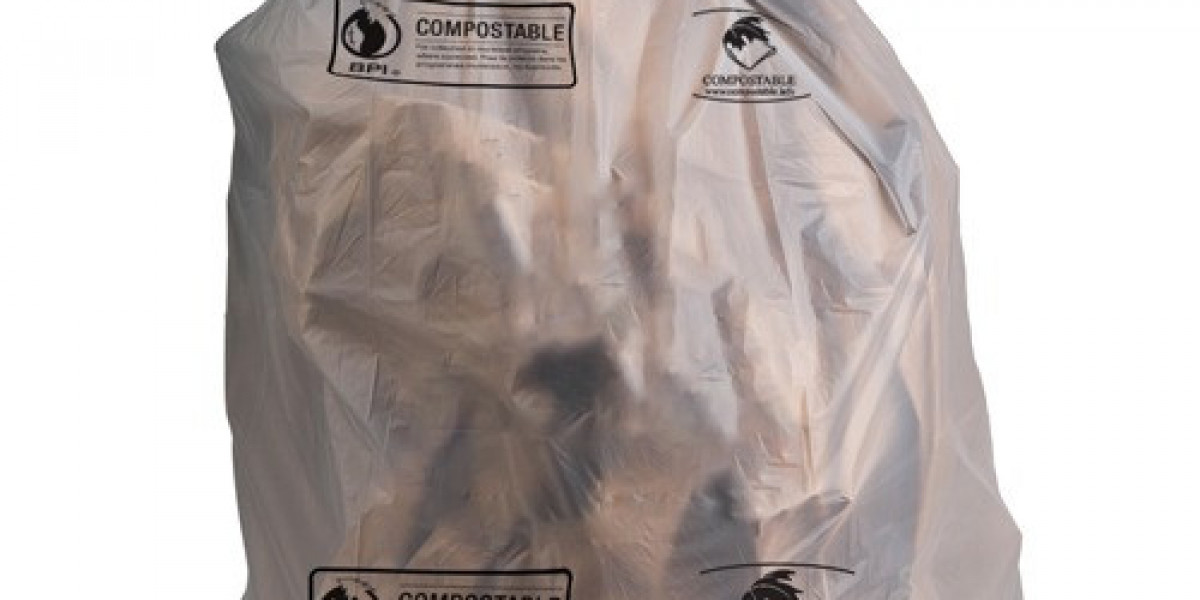These biodegradable products not only aid in waste segregation but also contribute significantly to reducing landfill pollution.
What Are Compostable Bin Liners?
Compostable bin liners are bags made from plant-based materials, such as cornstarch or polylactic acid (PLA), designed to decompose naturally in composting environments. Unlike conventional plastic bags, they break down into organic matter, leaving behind no toxic residues.
These liners are particularly effective for collecting organic waste, including food scraps, garden clippings, and other biodegradable materials. Their design ensures that the waste disposal process is cleaner, more hygienic, and environmentally responsible.
Benefits of Compostable Bin Liners
- Eco-Friendliness
Compostable bin liners reduce reliance on fossil-fuel-based plastics. By opting for these liners, businesses and households actively contribute to mitigating environmental damage. - Enhanced Waste Management
These liners simplify organic waste collection, making it easier for users to segregate and dispose of biodegradable materials. This separation is critical for effective composting and reduces contamination in recycling streams. - Government and Industry Support
Many regions now mandate compostable materials in waste management systems. Businesses that adopt these liners align with regulatory requirements and enhance their sustainability credentials. - Improved Public Image
For businesses, using compostable bin liners is a visible commitment to eco-conscious practices, which resonates with environmentally aware consumers.
Applications of Compostable Bin Liners
- Household Waste Management:
Compostable liners are perfect for kitchen and garden waste, offering a clean and convenient way to handle organic materials. - Commercial Use:
Restaurants, cafeterias, and food processing units benefit from compostable liners by managing their organic waste responsibly. - Municipal Programs:
Cities adopting organic waste collection programs rely on compostable liners to streamline operations and improve recycling rates.
Addressing Common Concerns
While compostable bin liners are highly effective, users must be aware of certain considerations:
● Proper Storage: These liners should be stored in cool, dry places to maintain their integrity.
● Composting Facilities: They require access to industrial composting setups for optimal decomposition.
Closing the Loop on Sustainability
Compostable bin liners exemplify how innovation can harmonize with sustainability. By incorporating these liners into waste management systems, businesses take a meaningful step toward reducing their environmental impact.
The Future of Compostable Liners
As waste management practices evolve, compostable bin liners will play an increasingly important role in achieving zero-waste goals. Businesses and individuals alike can contribute to a greener future by adopting these innovative solutions.
By choosing compostable bin liners, you’re not just managing waste—you’re making a statement about your commitment to sustainability. Together, we can pave the way for a cleaner, greener planet.
Final Thoughts
As we collectively strive for a greener future, compostable bin liners provide an actionable solution to one of the most pressing environmental challenges—plastic waste. For businesses looking to elevate their sustainability efforts, adopting compostable bin liners is not just a choice; it’s a responsibility.










